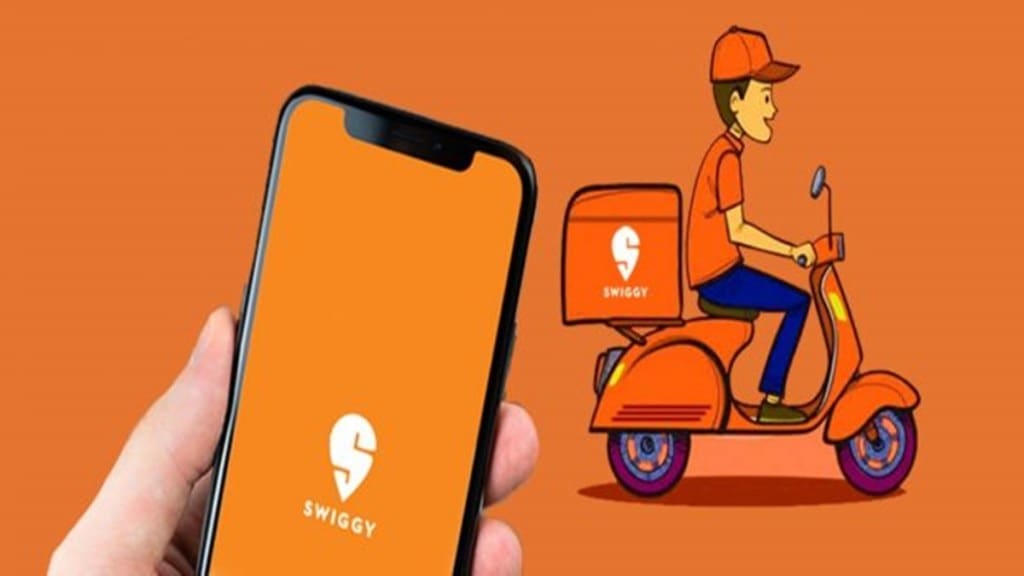Foodtech and hyperlocal delivery unicorn Swiggy is working on an e-commerce discovery platform for direct-to-consumer (D2C) brands. The platform will allow brands and manufacturers to display a catalogue of products within the Swiggy app, a person aware of the development said.
Dubbed ‘Minis’, the online discovery platform will allow D2C brands to find new distribution via Swiggy’s already existing large consumer base.
“The new platform is yet to be released for public users, and the company is planning on a larger pilot testing in the coming months. Currently, it is only available internally for Swiggy employees for beta testing,” a source said.
A spokesperson for Swiggy confirmed that it has already started working internally on the ‘Minis’ discovery platform. “We are continuously experimenting with ways in which we can delight our customers and enable our brand partners to succeed. We’re currently piloting a platform named Minis on Swiggy that enables D2C brands, small businesses and individual entrepreneurs to showcase their offerings directly to lakhs of customers,” the spokesperson said in a statement.
The source mentioned earlier also said that Swiggy has already begun working with a few brands in the D2C space, including categories like clothing and accessories, among others.
The D2C space has witnessed an increased interest from investors over the last few years due to its ability to compete well with large FMCG market leaders by undercutting prices and focusing on niche categories. Some analysts estimated that the size of the D2C market in India will cross the $100-billion mark by 2025.
In India, D2C brands across beverages, clothing, fashion and consumer electronics have witnessed strong market recall among consumers. After the IPO of Nykaa, considered to be the first D2C brand to go public in India, the industry witnessed a surge in funding inflow. Consumer electronics brand boAt also recently filed its DRHP with markets regulator Sebi for a `2,000-crore IPO this year and is soon expected to hit the markets.
Swiggy’s experiments in expanding into the D2C space also indicate its efforts in casting a wider net to drive up revenues as it explores new adjacencies for growth. Earlier this month, Swiggy had marked its entry into restaurant SaaS play with its $200-million acquisition of Dineout, which offers table reservation restaurants software management tools. Swiggy’s arch-rival Zomato has also made multiple acquisitions in the SaaS segment and most recently paid $5 million in cash to acquire restaurant management platform UrbanPiper for a 5% stake in the company, as a part of a larger $24-million round.
Since early 2017, both Swiggy and Zomato have been locked in head-to-head competition to acquire more market share after revenues from food delivery alone began saturating in a duopoly market. Swiggy already has a strong adjacent play in the grocery delivery category with its 10-minute delivery product Instamart, which recently received $700-million investment. Zomato, on the other hand, is in talks to merge with grocery delivery start-up Blinkit (formerly Grofers), which could give the foodtech company a direct entry into the quick commerce market.
Read Also: Digimaze bags the performance marketing mandates for Just Watches and Cottonworld

